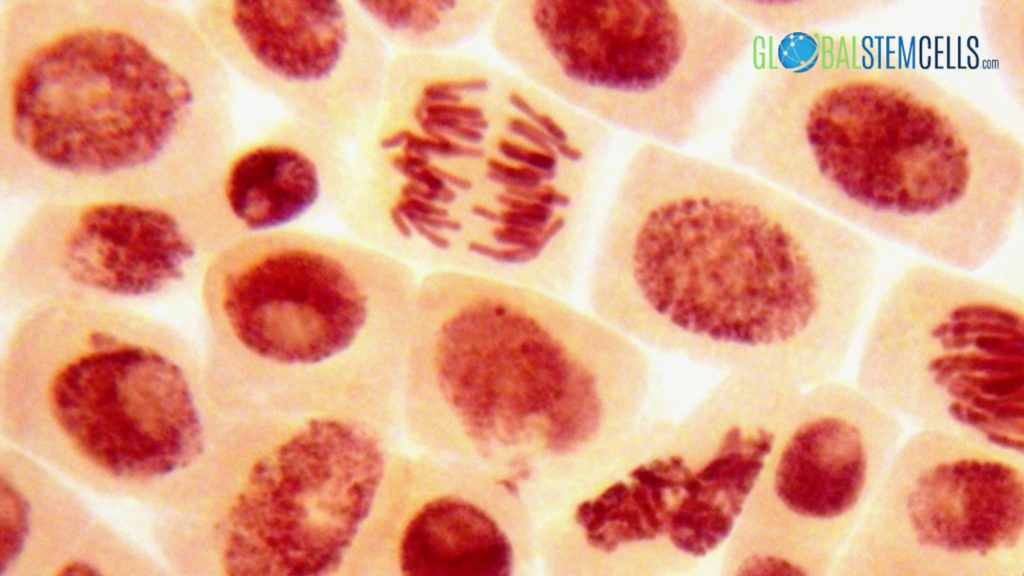Mesenchymal Stem Cells and Its Benefit in Stem Cell Therapy
The U.S Food & Drug Administration (FDA) had been developing methods that would help them discover how manufactured or isolated Mesenchymal Stem Cells (MSCs) behave in patients. MSCs are discovered to have the ability to protect, restore, or repair tissues in the body, becoming an important part of Regenerative Medicine. Therefore, the ability to predict specific functions of different preparations of MSCs in the lab could be a big leap toward creating safe and effective FDA-approved treatments for patients.
MSCs, also called a multipotent tissue or adult stem cell, can produce more than one type of specialized cell of the body but not all types of cells. Their skills are limited to specialized cells that are found in skeletal tissues including cartilage cells, bone cells, and fat cells. MSCs may also help the body control inflammation by suppressing immune cell functions, also called immunosuppression.
The Problem with MSCs
According to FDA’s research, MSCs are found to be responsive to their environment. However, in a lab-based manufacturing process, MSCs are not tested on the body, and therefore could react in unexpected ways when it is put into a patient. For example, they might not suppress inflammation well, might form wrong tissues in a place where it is not needed, and even form tumors, according to U.S Food & Drug Administration’s article.
Morphological Profiling to Predict Outcomes in MSCs
In an effort to prevent MSCs yielding undesirable effects, FDA had researched ways to predict cells’ behavior or whether stimulated MSCs are going to differentiate into specific cells that can do specific tasks. This approach is called functionally-relevant morphological profiling, which monitors and analyzes the changes in the size and shape of thousands of cells through imaging technology.
Human MSCs undergo morphological changes after being stimulated by growth factors, making the identification of these cells’ size and shape especially crucial. This is because FDA scientists have demonstrated that these morphological changes can predict the ability of the cells to develop specialized properties that might support their use in Regenerative Medicine clinical trials.
Although MSC-based therapies have not been made available yet, the ability to predict specific functions of MSCs in the lab is a significant advancement towards finally developing safe and effective treatment for patients. Until then, researchers must be certain that MSCs do not act independently, but ensure that they will work together to perform the same specific and predictable function.
H/T: FDA Voice




 English
English